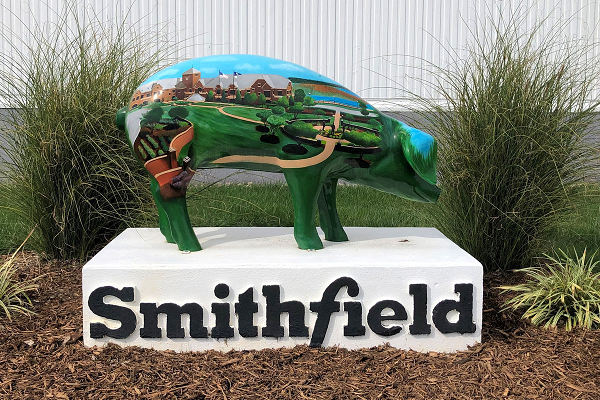

A recent legal case involving a Smithfield Foods hog facility in North Carolina has concluded with a federal judge dismissing a lawsuit. The lawsuit, filed in May 2020 by nearly twenty residents of Duplin County, alleged that the hog facility operated by Murphy-Brown LLC and Smithfield caused negative effects such as strong odors, fly infestations, and other nuisances that encroached upon the residents’ properties.
The lawsuit focused on claims that the Large Concentrated Animal Feeding Operation (CAFO) was responsible for health problems, property devaluation, and a diminished quality of life for the plaintiffs. However, in a ruling by Judge James C. Dever, it was determined that there was insufficient evidence to establish a clear link between the residents’ complaints and the Smithfield facility.
The judge’s summary judgment highlighted that although the residents reported foul smells and a mysterious “spray,” “mist,” or “dust” originating from the facility, they were unable to definitively attribute the source of the “mist.” Judge Dever emphasized that merely identifying the origin of the mist would not be adequate to prove that it had indeed traveled onto the residents’ properties.
Judge Dever referenced a similar case from 2019 involving the same facility, known as McKiver v. Murphy-Brown. In that instance, plaintiffs were able to provide evidence that residue from the facility had reached their properties, resulting in a substantial judgment of $473.5 million awarded to the plaintiffs.
Additionally, the judge noted that many of the plaintiffs lived near multiple animal farms, and several experienced fly issues throughout the year, irrespective of the presence of any noxious odor.
As a result of this ruling, the lawsuit claiming damages from the Smithfield hog facility has been dismissed. This case underscores the complexities and challenges in establishing a clear causal relationship between agricultural operations and their potential effects on neighboring properties.





